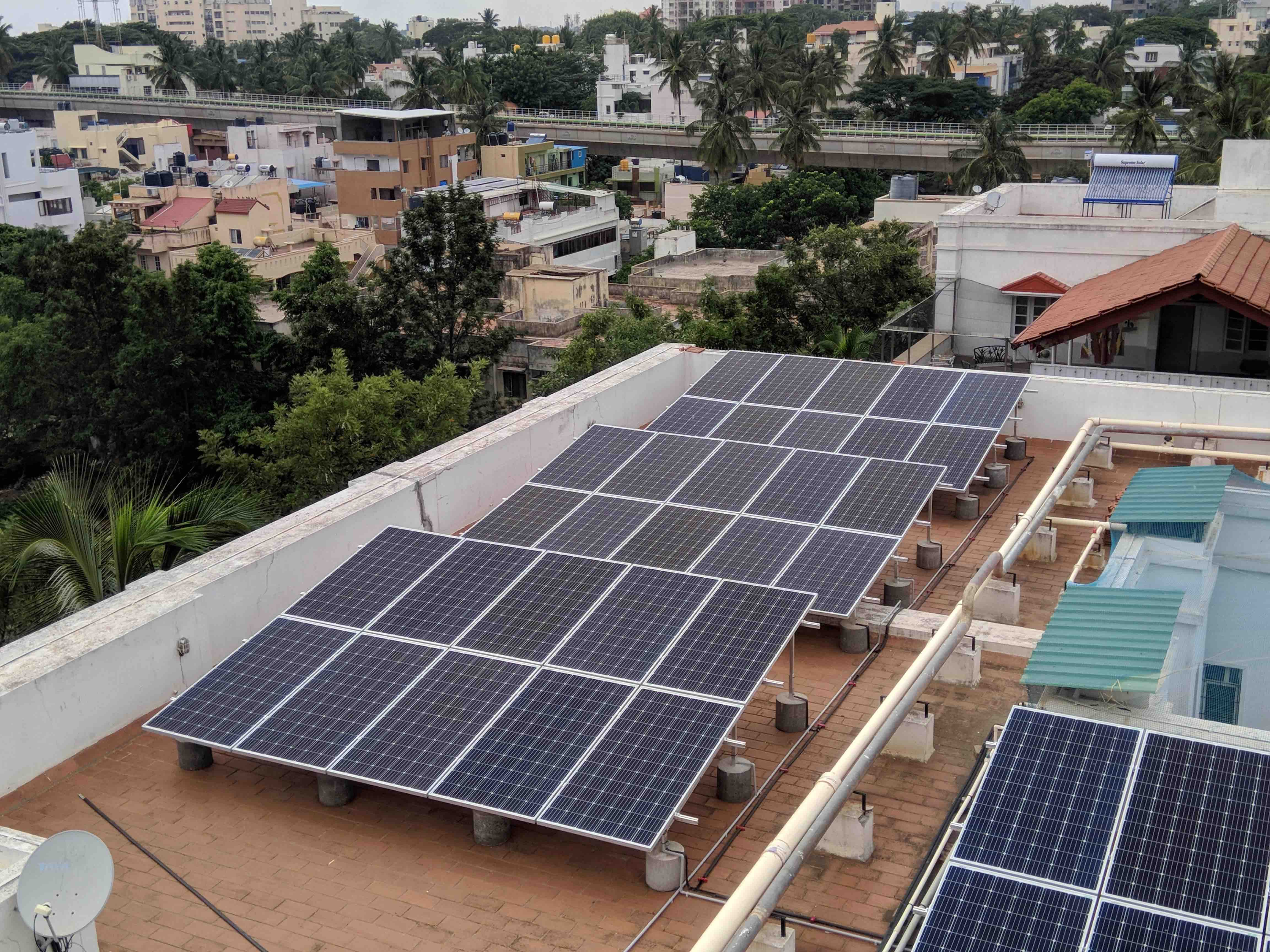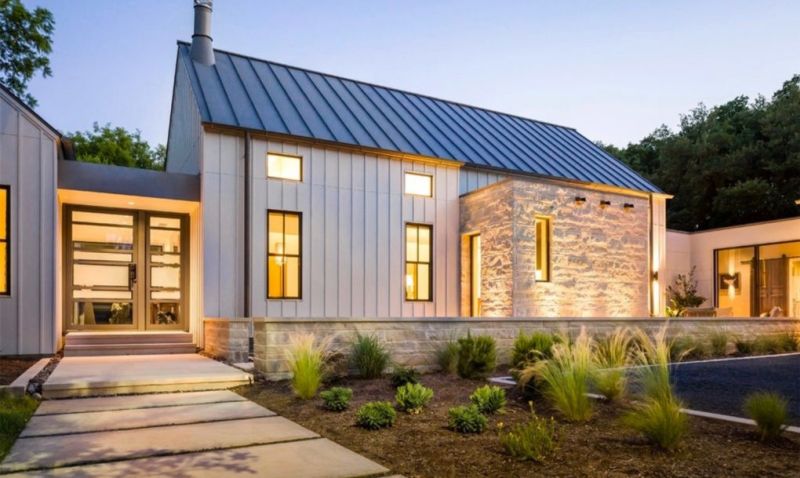
They also look for damage to joists, rotten wood, mold, or any other signs that your joists are compromised. They look at the dimensions of the roof joists, the spacing between joists, and even the type of wood used for the joists (since some types of wood are weaker than others). Solar companies must follow local building codes, ensuring that any home’s roof joists are strong enough to handle all the weight. Then there’s the aluminum rails that the solar panels sit on, the flashing and attachment points that are bolted to your roof, and the electrical conduit that protects the wires running to your breaker box, not to mention the weight of the installers while they wander around your roof installing the panels!Įven if we only account for the solar panels, the 12-panel system above would add an additional 420 pounds to your roof! Now add 3 installers at 170 pounds each, 2 feet of snow in the winter, and insane wind pushing down (or pulling up, which is also an issue!) on the entire roof during a snowstorm and you can see why any homeowner contemplating solar needs a strong roof structure to ensure their own safety and the safety of the installers.Ī lot goes into making sure a roof is safe for solar.

The solar panels themselves weigh around 35 pounds each. Solar panels and all their equipment are heavy. Let’s get a little more detailed: The roof needs to be strong enough Most of these homes simply aren’t designed to hold solar panels. The issue is the structural components of most manufactured homes, specifically the roof and the foundation. You can even save money by covering just 50% of your total usage! Sure, you might have a smaller roof than the average house, but with the average manufactured home being over 1,000 square feet, you should have no problem fitting a row or two of solar panels up there. You can save quite a bit of money by offsetting your electricity costs for your manufactured home by going solar. As we saw above, the issue is not about electricity use or production.
DOES ANYONE HAS SOLAR ROOFS IN MANVEL TX INSTALL
So, by covering even just 50% of your total electricity use, you save over $17.5k! That seems like a good deal to us! #2 Can I install solar panels on my mobile home? If you purchased that much electricity from your utility over the next 25 years, you’d spend $24,062. Assuming they last the standard 25 years, your solar installation would produce about 120,504 kWh by the end of its life.

At the national average installation cost of $2.93/watt, a 3.2kW installation would cost $6,400 after the 30% federal tax credit. This means you can only cover 50% of your total electricity use with solar! Does installing solar panels to cover 50% of your usage make sense? Let’s find out!ġ2 solar panels (3.12kW) would produce about 5,299 kWh each year in Nevada. Let’s make it a little more interesting: You measure your roof, but uh oh! It looks like you can only fit 12 solar panels on your roof. To cover 100% of your annual energy usage, you’d need a 6.5kW installation (equal to about 25 solar panels). You use about 913 kWh each month and spend $0.13/kWh for electricity from the utility (both of which are average for the state). Say you live in a manufactured home in Nevada.

Let’s run through a quick example just to see typical costs and savings: Solar panels for mobile homes cost as much as any other roof-top installation, as there is no real special equipment, and you can see some real savings. In most states, it’s cheaper to purchase and install solar panels on your roof than continuing to purchase electricity from your utility for the next 25 years (which is the estimated life of solar installations). #1 Will solar panels lower my electricity bill? And if it ends up that you really can’t have solar on your roof, maybe you’ve got another area of your property where you can install solar panels.īefore looking into all this, let’s figure out if installing solar panels for your mobile home is even a good decision. Some mobile homes can safely have solar installed it all depends on your local building codes as well as the structure of your home. However, that doesn’t mean you’re completely out of luck. It’s mostly due to the roof structure of mobile homes – they simply aren’t designed to hold the weight of an entire solar installation. Interested in installing solar on the roof of your manufactured home? Let’s be honest: in most instances, it’s not possible to install solar panels for mobile homes. Yes, Solar Panels for Mobile Homes Are Possible A comprehensive answer to ‘Are Solar Panels for Mobile Homes Possible?’


 0 kommentar(er)
0 kommentar(er)
